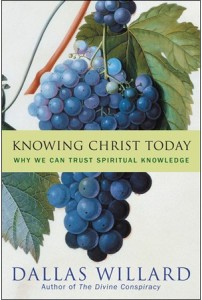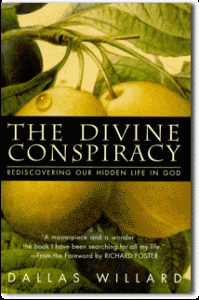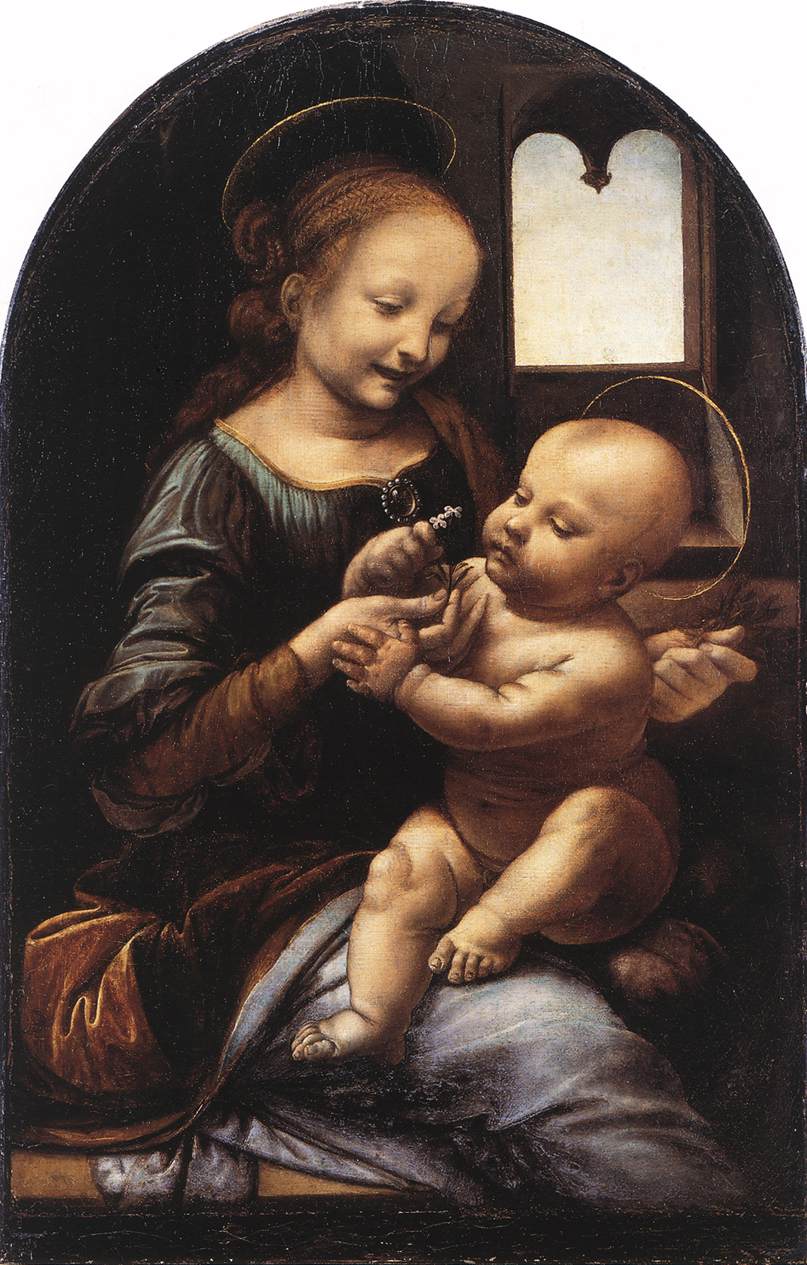Afterthought
After writing this post about the role of experts in the morphing of the Christmas season in area public schools, I read Alice’s post about how Christians are partly to blame. She makes some great points about Christmas being meaningful to Christians, but not to people of other faiths, or of no faith. Our church has done Advent Conspiracy projects for the last two years, and one of the first points made in the Advent Conspiracy video is that the Christmas story is ours to tell — not the mall’s, not the school’s, not the government’s — and we Christians haven’t done a very good job, getting as caught up in the excesses of the season as anyone else.
 However, there’s more going on. While it’s true that we shouldn’t expect nonChristians to celebrate the spiritual significance of Christmas, Jesus Christ is not exclusively a religious figure — “religious” in the sense that the word has come to mean: a category of experience that has no intellectual legitimacy. He’s a historical one. Dallas Willard writes about this in Knowing Christ Today, where he comments dryly that Jesus
However, there’s more going on. While it’s true that we shouldn’t expect nonChristians to celebrate the spiritual significance of Christmas, Jesus Christ is not exclusively a religious figure — “religious” in the sense that the word has come to mean: a category of experience that has no intellectual legitimacy. He’s a historical one. Dallas Willard writes about this in Knowing Christ Today, where he comments dryly that Jesus
was quite intelligent and knew what he was talking about. That is not unreasonable in the light of his place in world history. His responses to these [worldview] questions emerge from the ancient learnings of the Jewish nation, and they have been developed through the ages, in various ways, by his followers. But they are fundamentally his, and without him they never would have attained the status in history that they have. Without him and his answers there would have been no “Western civilization” as we know it. So let us assume that he actually knew what he was talking about…
 In The Divine Conspiracy, Willard quotes Jaroslav Pelikan: “Jesus of Nazareth has been the dominant figure in the history of Western culture for almost twenty centuries. If it were possible, with some sort of super magnet, to pull up out of that history every scrap of metal bearing at least a trace of his name, how much would be left?”
In The Divine Conspiracy, Willard quotes Jaroslav Pelikan: “Jesus of Nazareth has been the dominant figure in the history of Western culture for almost twenty centuries. If it were possible, with some sort of super magnet, to pull up out of that history every scrap of metal bearing at least a trace of his name, how much would be left?”
There is a place for studying a person of such enormous impact, and studying him in such a way as to suggest the real scope of his influence. But when I was growing up, Jesus was someone I learned about in church. No history teacher ever breathed a word about him in school.
Today we have a further stage in this evolution. Jesus has been “tamed” (to use the language of Narnia). At Christmas, he is a figure behind one of many cultural traditions. They all have some spiritual content, but we can’t talk about that. And we can’t mention him without mentioning everyone else. He’s not really a standout.
Maybe the “Christmas Wars” of recent years have happened because at Christmas, Christians feel the smart. But it’s not something to be fixed by fighting for the Nativity scene to be displayed here or there. It’s not even something the Advent Conspiracy refocusing of the Christian story at Christmas can fix. The only real solution is revival: an awakening of the thirst for knowledge of God from the ashes of the bland cultural Christianity that has so effectively deadened our witness, not just at Christmas, but year-round.



2 Comments
Barbara H.
Amen to your last paragraph!
Alice@Supratentorial
Great points, Janet. I also especially like the last paragraph and completely agree with you.